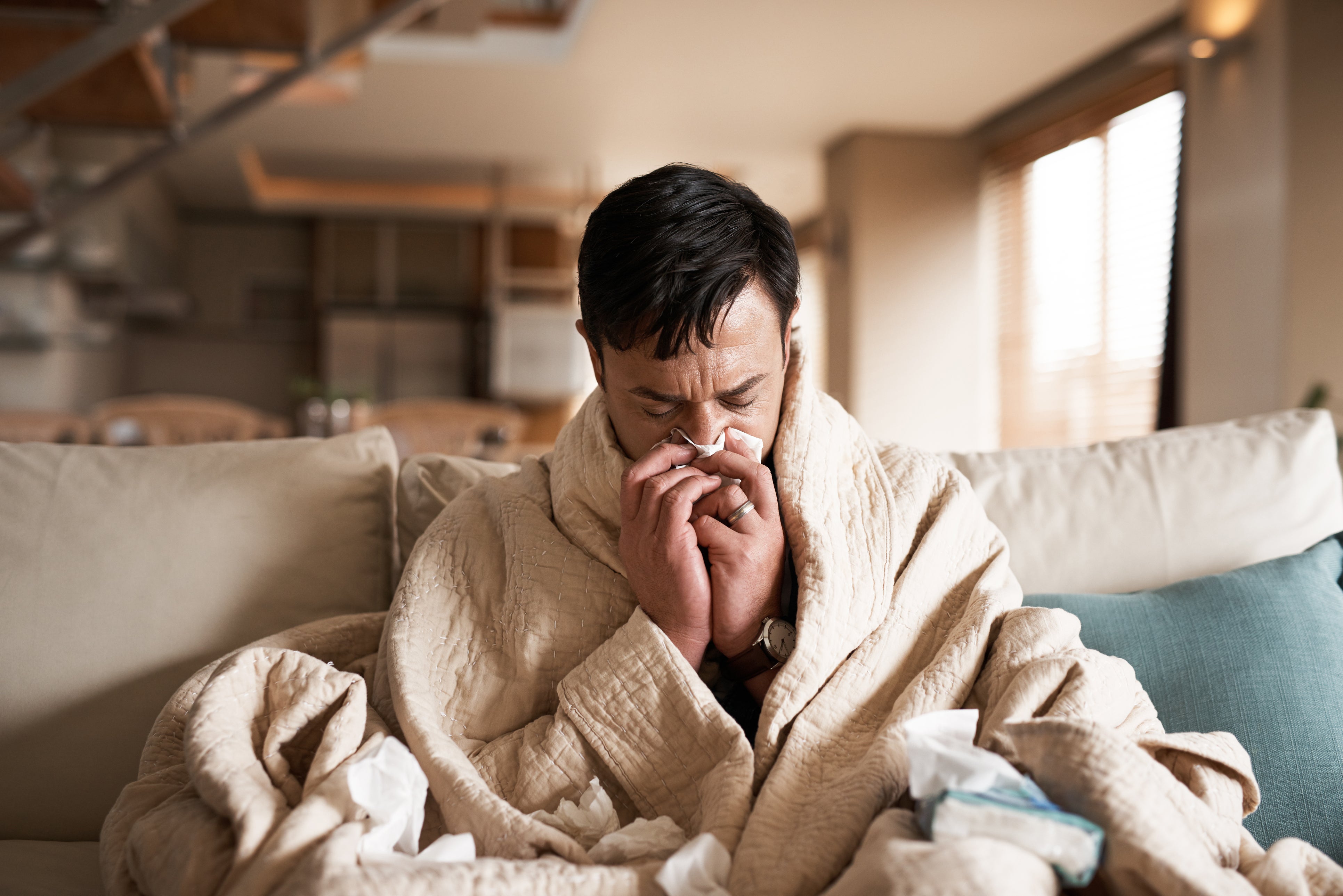
Pope Francis appeared on a hospital balcony on Sunday to bless the crowd in his first public outing in five weeks.
It was ahead of his release from the hospital after surviving a life-threatening bout of pneumonia. He was first hospitalised in mid February.
The 88-year-old pope gave a thumbs up and acknowledged the crowd after he was wheeled out onto the balcony overlooking the main entry of the Gemelli hospital in Rome, where hundreds of people had gathered on a brilliant Sunday morning.
But what is pneumonia and what are the symptoms to look out for? Here’s everything you need to know.
What is pneumonia?

Pneumonia is swelling (inflammation) of the tissue in one or both lungs.
According to the NHS, it's usually caused by a bacterial infection or a virus.
Pneumonia can affect people of any age, but it's more common and can be more serious in certain groups of people, such as the very young or the elderly.
People in these groups are more likely to need hospital treatment if they develop pneumonia.
Other groups that have an increased risk of developing pneumonia include babies and very young children, people who smoke, people with other health conditions, such as asthma, cystic fibrosis, or a heart, kidney or liver condition, and people with a weakened immune system – for example, as a result of a recent illness, such as flu, having HIV or AIDS, having chemotherapy, or taking medicine after an organ transplant.
What causes pneumonia?
Pneumonia is usually the result of a bacterial infection, but other forms exist, such as viral pneumonia, which is caused by a virus, such as Covid-19, and aspiration pneumonia, which can be caused by breathing in vomit, a foreign object, such as a peanut, or a harmful substance, such as smoke or a chemical.
Hospital-acquired pneumonia develops in hospital while being treated for another condition; people in intensive care on breathing machines are particularly at risk of this.
Fungal pneumonia is rare in the UK and tends to affect people with a weakened immune system.
What are the symptoms of pneumonia?

Common symptoms of pneumonia can include:
Less common symptoms can include:
Symptoms of pneumonia can develop suddenly over 24 to 48 hours, or they may come on more slowly over several days.
When should I get help?
If you feel unwell and have symptoms of pneumonia, contact your GP.
The NHS recommends that those with a high temperature should stay at home and avoid contact with others until you feel better.
How is pneumonia treated?
Mild pneumonia tends to be treated at home with antibiotics and plenty of rest and water.
At-risk groups may need to be treated in hospital, as it can lead to serious complications, which can be fatal depending on a person’s health and age.







